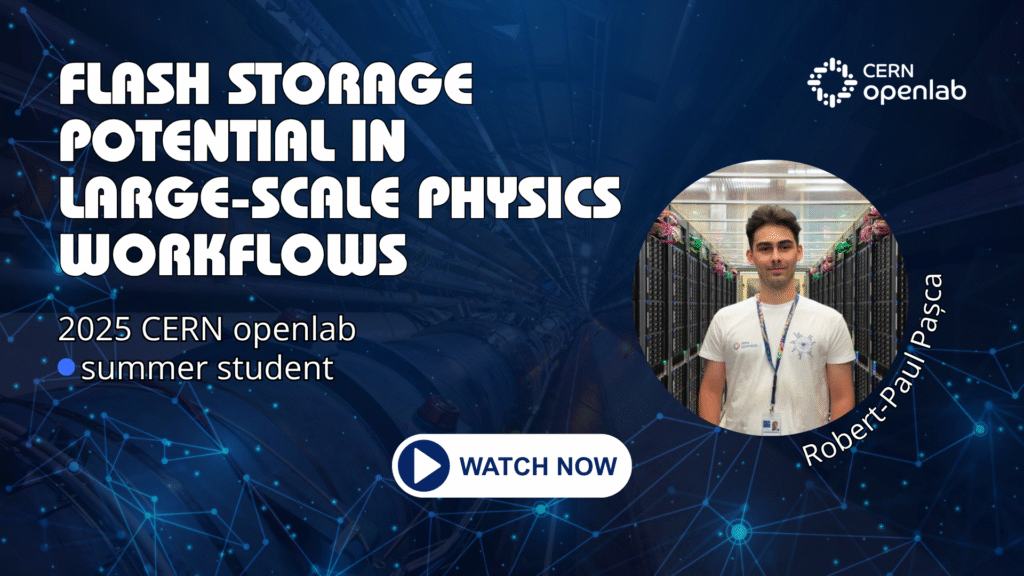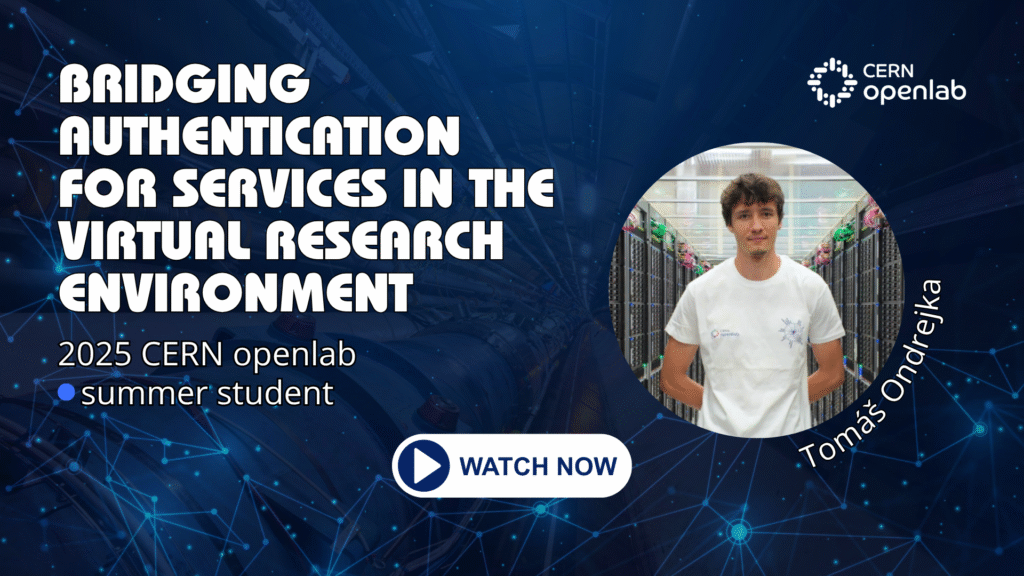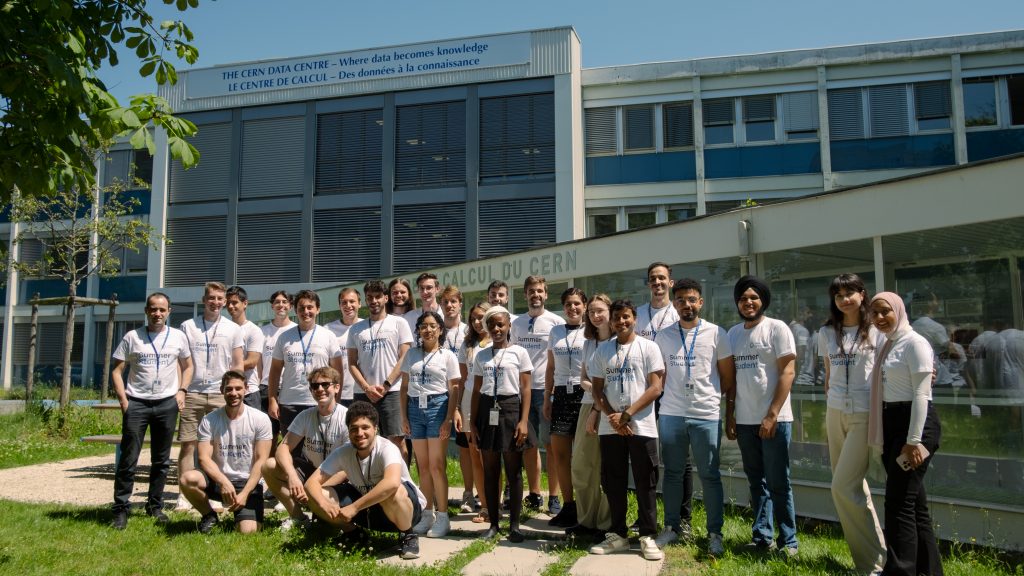What are you doing next summer?
The call for applications for the 2026 CERN openlab summer student programme is now closed.
Each summer, CERN openlab runs a nine-week programme for bachelor’s and master’s students specialising in subjects related to computer science. These students work on cutting-edge projects with our collaborators, gaining hands-on experience with the latest computing technologies.
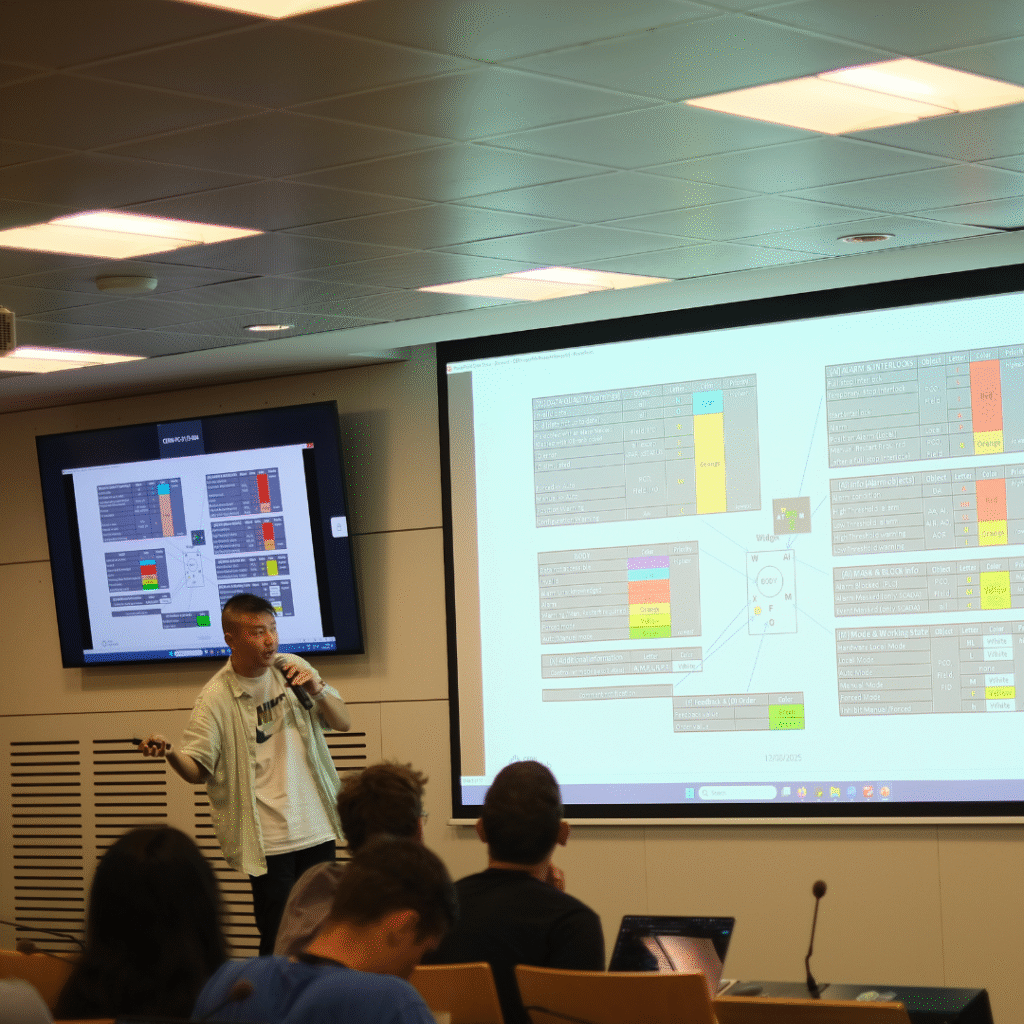
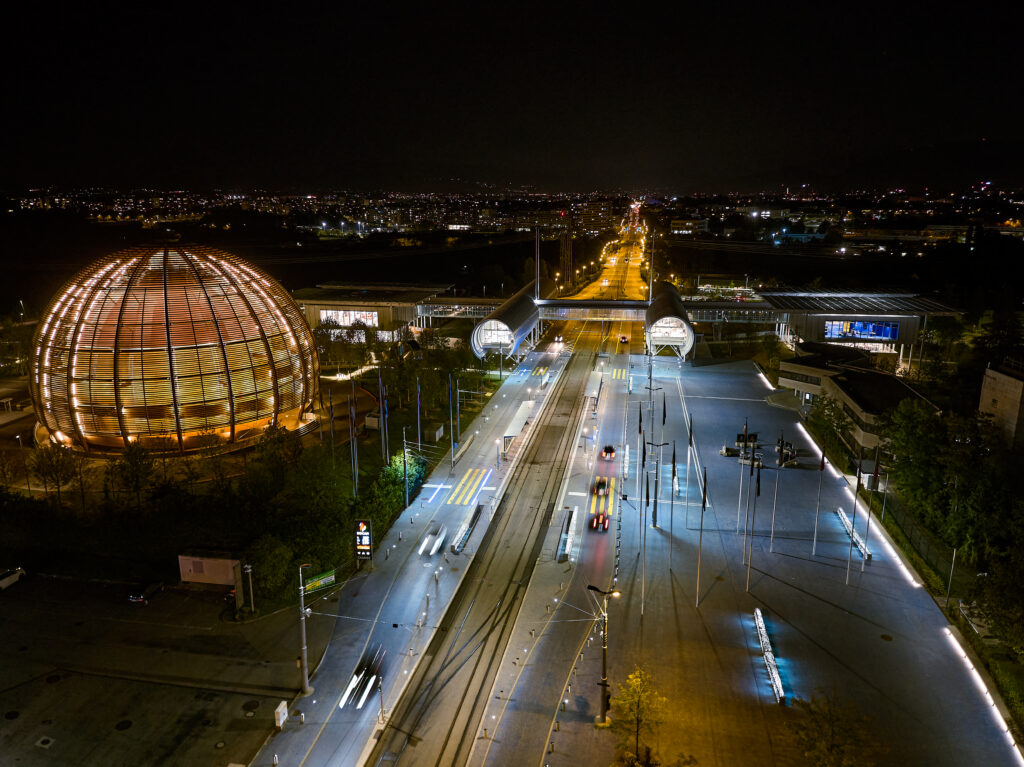
CERN is the birthplace of the World Wide Web. The laboratory hosts ground-breaking experiments and is at the heart of the Worldwide LHC Computing Grid (WLCG). It is an environment like no other, where dizzying computing challenges abound!
Multiple Learning & Career Growth Opportunities
The CERN openlab summer student programme offers multiple opportunities for learning, innovation, and career growth through hands-on experience with cutting-edge technologies and world-leading experts.



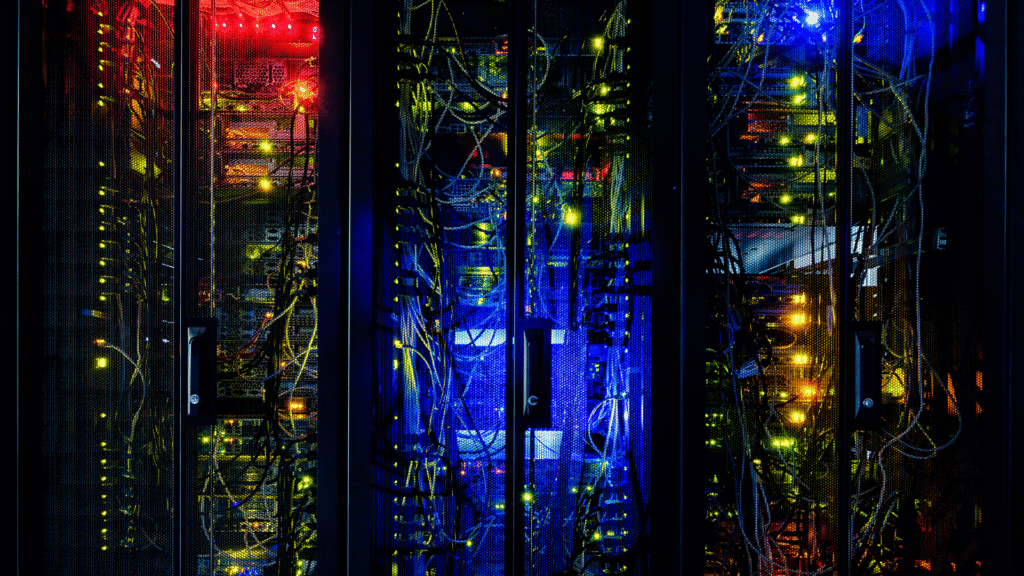
By joining the CERN openlab summer student programme, you will work with some of the latest hardware and software technologies and see how advanced computing tools are used in high-energy physics.

Who can apply?
Are you a B.Sc. or M.Sc. student in computer science, mathematics, engineering, or physics? Do you have a strong computing profile? Will you have completed at least three years of full-time studies at university level by next June? Would you be interested in working on an advanced computing project for nine weeks during the period June-August? If the answer to these questions is yes, you should apply to the CERN openlab summer student programme!
Students participating in the programme work on projects related to specific computing topics, each with a dedicated CERN supervisor. At the end of their nine weeks working with CERN, students produce a report and present their work in a short public presentation.
What you need to know
→ Duration: 9-weeks
→ Starting dates: 22 June or 29 June 2026
→ Allowance: 94 CHF per calendar day
→ Travel allowance on a lump sum basis at the end of your stay
→ Coverage by CERN’s Health Insurance scheme
→ Assistance to find accommodation


How and when to apply?
The call for applications for the 2026 CERN openlab summer student programme is now closed.
Documents you will need
You will need the following documents, in English or French, clearly labelled (e.g. “CV”, “Academic transcript”, etc.) and in PDF format to complete your application:
→ CV in English (check CERN CV tips for some advice on how to write your CV).
→ A copy of your most recent official academic transcript (if you download it from your university portal please make sure there is no protection so that we can open it).
→ An academic reference letter (dated less than 12 months).
Recommended, not mandatory:
→ Motivation letter with an indication of the preferred area of work.
Please make sure you have all the documents requested to hand when you start your application on our career portal as they cannot be added after its completion.
More information
Discover the projects developed by past CERN openlab summer students on our Zenodo community, and explore our FAQ page for answers to the most common questions about the programme.
Once your application has been submitted, you will receive a confirmation e-mail.
Students will get a reply to their application by late March/early April 2026. Invitation letters, for visa purposes (if needed), will be sent around May, however you can also use the acceptance letter to start your visa procedure.
Contact us
Meet the 2025 CERN openlab summer students and their projects
Explore some of the innovative projects developed by the 2025 CERN openlab summer students — tackling real R&D challenges in computing, AI, data science, and more at CERN.
More project reports and papers are available on our Zenodo community.
Supervisors’ perspectives: shaping the next generation of experts at CERN openlab
Learn how supervisors from the 2025 CERN openlab Summer Student Programme describe the experience — its impact on students, its value for CERN teams, and the inspiration that comes from mentoring the next generation of experts.
Highlights and projects from the 2024 CERN openlab summer students
Explore some of the innovative R&D projects developed by the 2024 CERN openlab Summer Students. These projects span topics such as artificial intelligence, digital twins, data storage, and software optimisation — all contributing to CERN’s computing and research ecosystem.
Discover even more student projects and reports on our Zenodo community.

HEP Analyses Omniverse; 2) Virtual LHC: Simulating
CERN’s Particle Accelerator in NVIDIA Omniverse.



What’s it like to be a CERN openlab summer student?
Curious about what life is really like as a CERN openlab Summer Student? In these short videos, students share their daily experiences — from working on exciting research projects at CERN to exploring Geneva and the stunning surrounding region after work.
Discover more information on the FAQs page.



